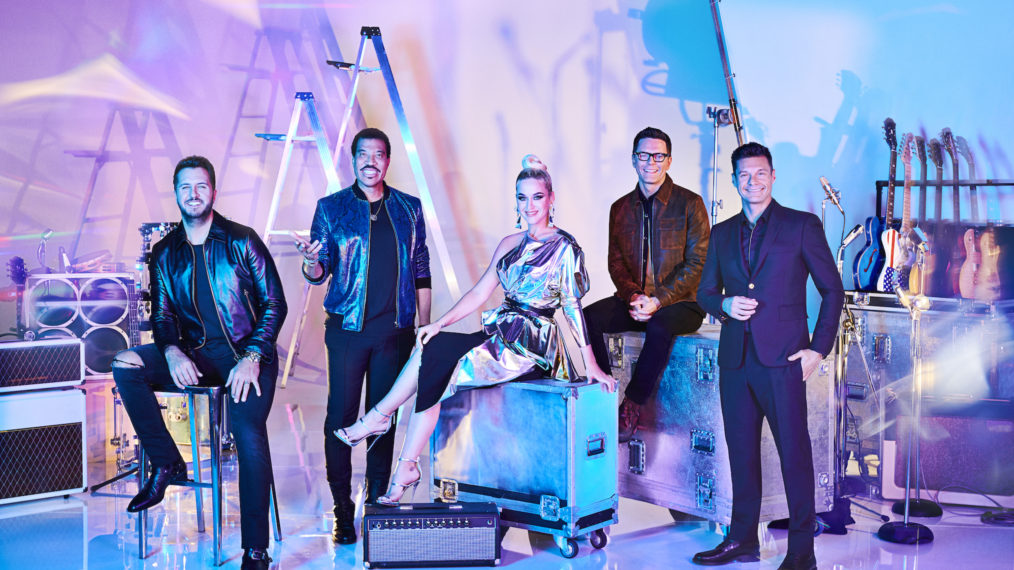#“I Wasn’t Trying to Prove Myself”: How Growing Up in a Working-Class Showbiz Family Formed Sally Field’s Career

Table of Contents
“I Wasn’t Trying to Prove Myself”: How Growing Up in a Working-Class Showbiz Family Formed Sally Field’s Career
“I didn’t happen on the scene as a purebred,” says Sally Field. “I was the runt of the litter.” Having led three sitcoms by the time she was 28, she first gained notice as a dramatic actor in 1976’s Sybil, for which she earned her first Emmy and, she says, her first chance to put her talent to good use. An accomplished film career ensued, one that saw Field balancing dramas (she won Oscars for lead roles in 1979’s Norma Rae and 1984’s Places in the Heart, plus a nom for her supporting turn in 2012’s Lincoln) and comedies (Smokey and the Bandit, Steel Magnolias, Soapdish, Mrs. Doubtfire and this year’s 80 for Brady). She has also returned to TV multiple times, winning Emmys for a guest spot on ER and a lead role on Brothers & Sisters, the latter also earning her a SAG Award. This year, she will receive the SAG Award for lifetime achievement, an honor she confesses is most meaningful because it comes from her “tribe.” Speaking with THR, Field reflects on her nearly 60 years as a working actor and the lessons she has learned along the way.
Can you recall the moment when you first felt like you had made it as an actor?
I have had an unorthodox journey. I came from situation comedy television in the ’60s, and women who started there basically died on that territory. You were really thought of as a second-class citizen as an actor. The tendency is to say it’s unfair: The industry, this big, huge, faceless nothing, is treating me badly. I couldn’t say that — if I said that, then whatever power I had as a human was gone. I had to back out of television, and the only way that I was going to make a transition is if I disappeared for a while. I worked at The Actors Studio with Lee Strasberg for a long time, and that was the turning point. A casting person had heard that I wasn’t what everybody thought I was. Ultimately, it led to somebody letting me in the room, even though [others] were very vocal about how much they didn’t want me in there, that I was wasting their time. That was for a movie called Stay Hungry I did with Jeff Bridges, which Bob Rafelson directed. And then that led to me being able to audition, and audition and audition and audition, for Sybil, which was the first time I got to do the work that I had learned.

Courtesy Everett Collection
Did it feel like you had to prove yourself as an actor?
I wasn’t trying to prove myself. I learned early on, when I was 12 years old and found a stage in the seventh grade, that was my language with myself. I was only half alive if I couldn’t get there and hear my own voice in my head. I was always looking to get to that place where I felt alive. The more complicated roles I can get to, the more pieces of myself I could find. I grew up in a very working-class show business family, and what it taught me is the world of show business is not glamorous. It’s not fun, it’s not easy. And chances are, you’re going to have to struggle.
Did you receive a piece of advice that has stuck with you?
When I started on Gidget in 1965, my mother said to me, “Don’t be afraid of the camera. Go up to it, look into the lens, make friends with it, invite it into your heart.” The speech was such an interesting and odd thing to say. But it was true. I had to feel that [the camera] coming closer to me was a good thing: “Come in, I’m safe with you here. I’m better with you close to me than I am when you’re far away.”
You talk about finding yourself through acting. Does playing other people allow you to understand yourself?
Acting, to me, is not about pretending to be other people at all. Acting is trying to create somebody that feels outside of yourself. But in doing that, you have various tools that you use. [There are] exterior tools, in how they look, where they come from, their physical attributes. Then there’s the interior of a character — you pile in their history and their emotional connections and what they’re going through moment to moment, scene for scene. You’re not really trying to be somebody else; you’re actually trying to find how you link to this artificial human and have them come alive. You’re actually being pieces inside yourself, maybe unearthing something you don’t call on very often in your own existence. You go away not knowing quite how it has changed you, but something in you has been touched that would not have been touched otherwise. Sometimes I look at actors like John Wayne; did he become that macho, very conservative, rah-rah-America-first kind of person because he played those roles? Because that’s who he was in those roles, this stoic, emotionally distanced guy. Did it make him, or did he make them?

Everett Collection
Do you have a similar relationship to the characters you’ve played?
Many characters have changed me for good. Sometimes I’ll have a déjà vu moment — I’m saying a line from something as if it were mine, but it really belongs to this character I played. I go, “Wait a minute, was that me? Or was that them? Who’s me and who’s them?” It kind of weaves together. It’s this self-hypnosis exercise you do in enveloping another existence inside yourself. So, you know, it stays there.
Interview edited for length and clarity.
This story first appeared in the Feb. 22 issue of The Hollywood Reporter magazine. Click here to subscribe.
If you liked the article, do not forget to share it with your friends. Follow us on Google News too, click on the star and choose us from your favorites.
For forums sites go to Forum.BuradaBiliyorum.Com
If you want to read more Like this articles, you can visit our Social Media category.




